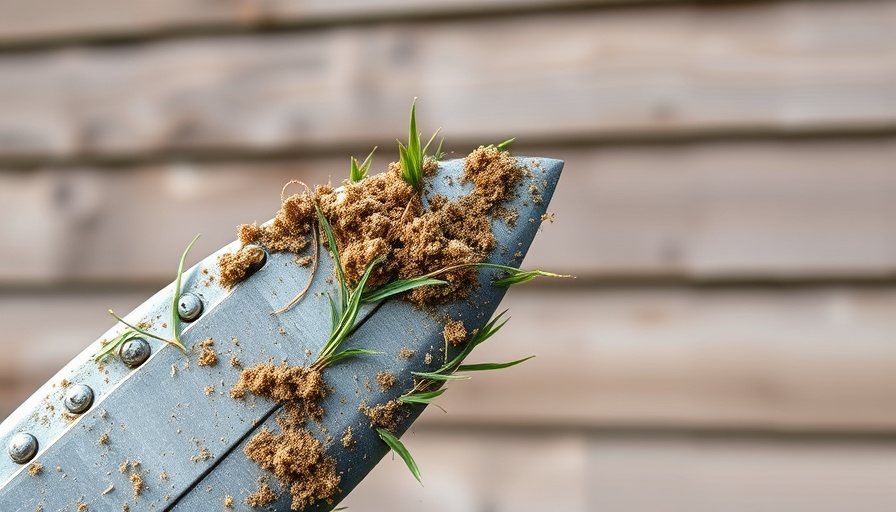
Protecting Florida's Waterways Through Smart Lawn Care
Florida's lush landscapes are a hallmark of its natural beauty, but with that beauty comes great responsibility. Homeowners and community leaders are charged with the duty to care for their lawns while also safeguarding the delicate waterways that support local wildlife and economies. The Lee County ordinance prohibiting nitrogen and phosphorous fertilizers during the rainy season is critical to minimizing nutrient runoff that fuels harmful algal blooms. Here’s how you can contribute to the health of our environment while keeping your lawn vibrant.
Smart Fertilization Practices to Consider
From June 1 through September 30, Lee County restricts fertilizers containing nitrogen and phosphorous. This legislation is not merely a suggestion; it’s a necessary action to combat nutrient pollution. Homeowners can embrace these restrictions firmly by opting for compost instead of synthetic fertilizers. Composting at home is simple—combine carbon-rich 'browns' like dead leaves and sawdust with nitrogen-rich 'greens' such as grass clippings and vegetable scraps. This recycling of nutrients not only nourishes your lawn but also reduces waste in landfills.
The Right Plants for a Thriving Lawn
Choosing Florida-friendly plants that thrive without excessive fertilization is another vital step homeowners can take. There’s a wealth of information available through resources like the Florida-Friendly Landscaping program, which helps you select plants suited to your specific climate zone—Zone 10b for coastal areas and Zone 10a for more inland locales.
Water Conservation Is Key
The rainy season in Florida brings ample moisture, making irrigation largely unnecessary. Homeowners should follow the Lee County Water Conservation Ordinance, which enforces a two-day-a-week watering schedule. This prudent approach conserves water and helps keep our waterways pristine. Remember to check local restrictions and adapt your watering schedule to fit these guidelines, helping ensure that your lawn remains well-nourished.
Mowing for Lawn Health
Mowing isn't just a chore; it's a critical part of lawn care. Timing your mowing is essential—avoid cutting wet grass to prevent clumping and uneven cuts. Maintaining the right height when mowing contributes to a healthier lawn overall, which helps reduce weeds and promote stronger grass roots.
By adopting these practices, Florida residents not only enjoy beautiful lawns but also play a crucial role in protecting their environment. So this summer, let's commit to conscientious lawn care that benefits our properties and preserves Southwest Florida’s natural treasures.
 Add Row
Add Row 
 Add
Add 


Write A Comment